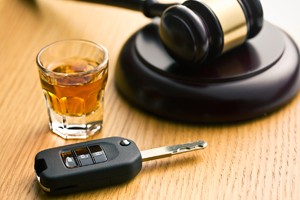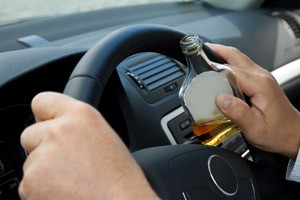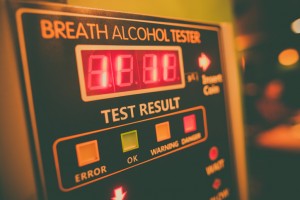 Although it is unlikely, there are rare times when a driver must face charges for multiple drunk driving offenses at the same time. This can result from a variety of circumstances. As a law firm specializing in drunk driving defense, we here at the Edward M. Janzekovich law blog are prepared to help regardless of how unlikely the situation. Successfully defending against DWI charges may result in a reduction of the penalties or can result in having the charges dismissed altogether.
Although it is unlikely, there are rare times when a driver must face charges for multiple drunk driving offenses at the same time. This can result from a variety of circumstances. As a law firm specializing in drunk driving defense, we here at the Edward M. Janzekovich law blog are prepared to help regardless of how unlikely the situation. Successfully defending against DWI charges may result in a reduction of the penalties or can result in having the charges dismissed altogether.
When Multiple Simultaneous Convictions for Drunk Driving Can Occur
First, if a driver drives continuously through various towns and municipalities, he or she may be charged independently in each one of them with a violation of N.J.S.A. 39:4-50 – Driving While Intoxicated. A driver in this situations should immediately seek the advice of counsel, because the State of New Jersey treats “one continuous uninterrupted episode of driving while intoxicated” as a single offense, not multiple offenses. Therefore, if an individual receives multiple charges of DUI/DWI during one continuous course of conduct, it is properly addressed as sentenced as a single offense in court, and an experienced attorney may be able to have some of the charges dismissed.
A second set of circumstances that might lead to simultaneous convictions for drunk driving arises when a driver is arrested twice for drunk driving in a very short period of time. This is typically within the same day or night, but it can sometimes occur over a longer period of time. Usually, the picture looks something like this. A driver is arrested a first time for drunk driving, then processed and released. Following his or her release, the driver is still drunk and tries to get behind the wheel of another vehicle. Once again, the driver is found driving under the influence and re-arrested and charged a second time later that same day. This should not happen because drivers are typically not allowed to immediately operate their vehicles after being arrested for driving under the influence. However, there have been numerous reported cases of this happening in just the last year.
Sentencing on Multiple Simultaneous Convictions for Drunk Driving
If you or someone you know is charged with any driving while intoxicated related charge, it is important to seek the advice of a good lawyer as soon as possible. If a driver decides to plead guilty to multiple drunk driving offenses at the same time, sentencing consequences can be complicated and in some cases, severe. In other areas of the law, defendants are typically able to argue to a Judge that they should receive identical treatment on both offenses if they are pleading guilty to two offenses at the same time. This, however, is not true specifically for drunk driving convictions. Unlike other areas of the law, the New Jersey Supreme Court has specifically stated that New Jersey’s drunk driving statutes are primarily punishment oriented, rather than concerned with rehabilitation. Moreover, statutes that are punishment oriented do not require the same type of sentencing treatment as other statutes, meaning defendants can receive different sentences on each of the offenses despite pleading to both at the same time.
For example, if a defendant is pleading guilty to both his first and second DUI offenses simultaneously, he or she can be punished as a second-time offender on one of the DUI offenses, even though he or she had no previous DUI convictions before the court date. The same would be true of an individual pleading to his second and third DUI offenses; he would be sentenced as a third-time offender on one of the offenses. This is extremely important as the differences in sentencing between a first, second, and third time offender is substantial. A second, third, or fourth time offender faces much greater potential fines, mandatory jail sentences and terms of mandatory loss of driving privileges. Therefore, it is imperative to understand the penalties you may be facing.
How an Attorney Can Help
If you are facing multiple DUI/DWI charges, an experienced DUI attorney can help you understand your rights and the potential consequences of multiple charges, especially when it comes to sentencing. A good lawyer will also be able to present the best defense in your favor and may even be able to have the charges against you dropped. Whether you are sentenced as a first, second or third time offender can make a huge difference in terms of jail time, period of license suspension, and fines.
New Jersey Drunk Driving Attorney Edward M. Janzekovich Is Ready, No Matter How Rare the Circumstances
A DUI/DWI conviction means serious penalties that will affect you and your loved ones. For that reason, it is important to consult a drunk driving lawyer who knows how to help. If you or someone you know is charged with drunk driving or driving under the influence of any substance in New Jersey, an experienced DWI/DUI attorney can make all the difference. To speak with an experienced New Jersey DWI lawyer about your situation, call us at 732-257-1137 or contact us online today. We serve clients in Ocean County, Monmouth County, Mercer County, Middlesex County, Union County and Somerset County.











